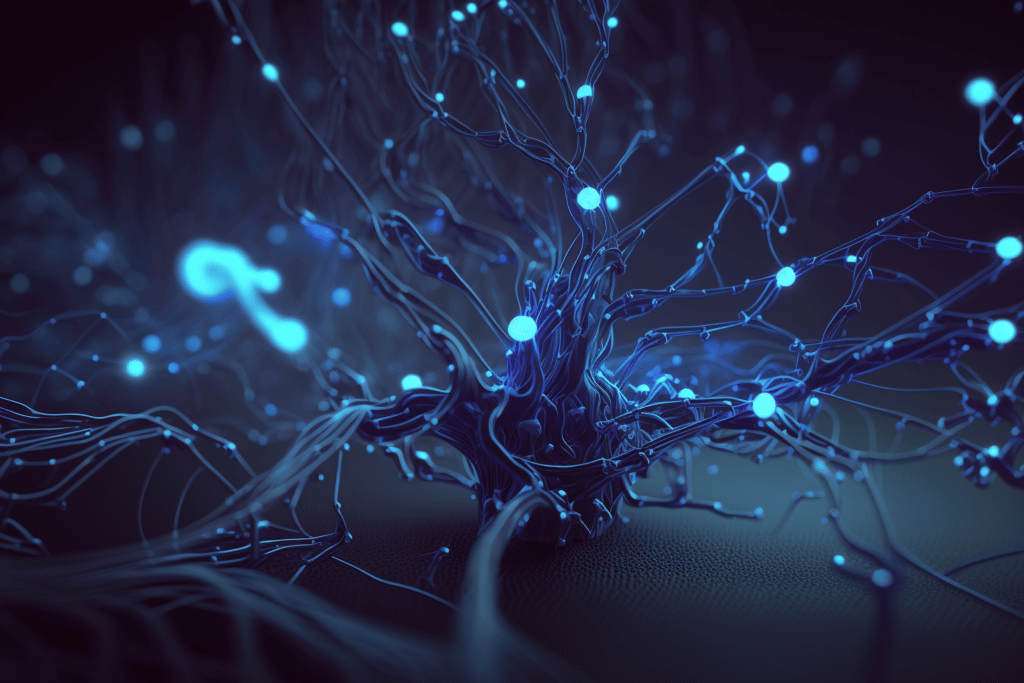BDNF: What Is It and Why Is It Important?
Brain-derived neurotrophic factor, or BDNF, is a protein that plays a crucial role in brain function and mental health. BDNF is often referred to as the “Miracle-Gro for the brain” due to its ability to promote the growth, survival, and differentiation of new neurons in the brain.
Brain-derived neurotrophic factor is important because it helps to support the growth and maintenance of neurons in the brain, which is essential for learning, memory, and overall cognitive function. It also plays a key role in regulating mood, anxiety, and stress levels, making it a critical factor in mental health and wellbeing.
Research has shown that low levels of Brain-derived neurotrophic factor are associated with a variety of mental health conditions, including depression, anxiety, and schizophrenia. Conversely, research links improved cognitive function and reduced risk of developing Alzheimer’s disease to high levels of BDNF.
So how can we increase BDNF levels in the brain?
Research shows there are several lifestyle factors that support the production of BDNF, including:
Exercise: Brain-derived neurotrophic factors increase with regular exercise. Thus, leading to improved cognitive function and mental health.
Diet: Consuming a healthy diet that is rich in nutrients such as omega-3 fatty acids, antioxidants, and vitamins B and D can help to support the production of BDNF.
Sleep: Getting adequate sleep is essential for maintaining healthy brain-derived neurotrophic factor levels in the brain. Research shows that sleep deprivation decreases brain-derived neurotrophic factor production.
Stress reduction: Research shows that chronic stress will decrease brain-derived neurotrophic factor levels in the brain, so finding ways to manage stress, such as through meditation or relaxation techniques, can help to support healthy BDNF levels.
What Supplements Can I Take?
In addition to lifestyle factors, research shows there are also several supplements and medications that increase BDNF levels in the brain. These include:
Nootropics: Research shows certain nootropics, such as racetams and choline, increase BDNF levels in the brain. Thus leading to improved cognitive function and mental health.
Antidepressants: Research shows selective serotonin reuptake inhibitors (SSRIs), a class of antidepressant medications, increase BDNF levels in the brain and improve symptoms of depression.
Ketamine: Research shows Ketamine, a medication used for anesthesia and pain relief, rapidly increases BDNF levels in the brain, leading to rapid and significant improvements in mood and symptoms of depression.
Recent Research
A recent study that compared the effects of fasting and exercise on brain-derived neurotrophic factor levels in humans. The study found that 20 hours of fasting did not affect brain-derived neurotrophic factor levels. While light exercise increased brain-derived neurotrophic factor by 6-8%. Lastly, high-intensity exercise increased BDNF by up to 250%. The increase in brain-derived neurotrophic factor was independent of being fed or fasted, and was correlated with an increase in lactate. The study concludes that high-intensity exercise is the most effective way of raising BDNF and boosting mood. Fasting and exercise activate autophagy, another process that is beneficial for longevity, but exercise may elevate autophagy faster than fasting.
Conclusion
In conclusion, BDNF is a crucial protein that plays a vital role in brain function and mental health. Lifestyle factors such as exercise, diet, sleep, and stress reduction can help to support healthy brain-derived neurotrophic factor levels in the brain, while supplements and medications such as nootropics, antidepressants, and ketamine can also be effective at increasing brain-derived neurotrophic factor production. By prioritizing BDNF-supportive practices, we can help to promote optimal brain function and mental health.





